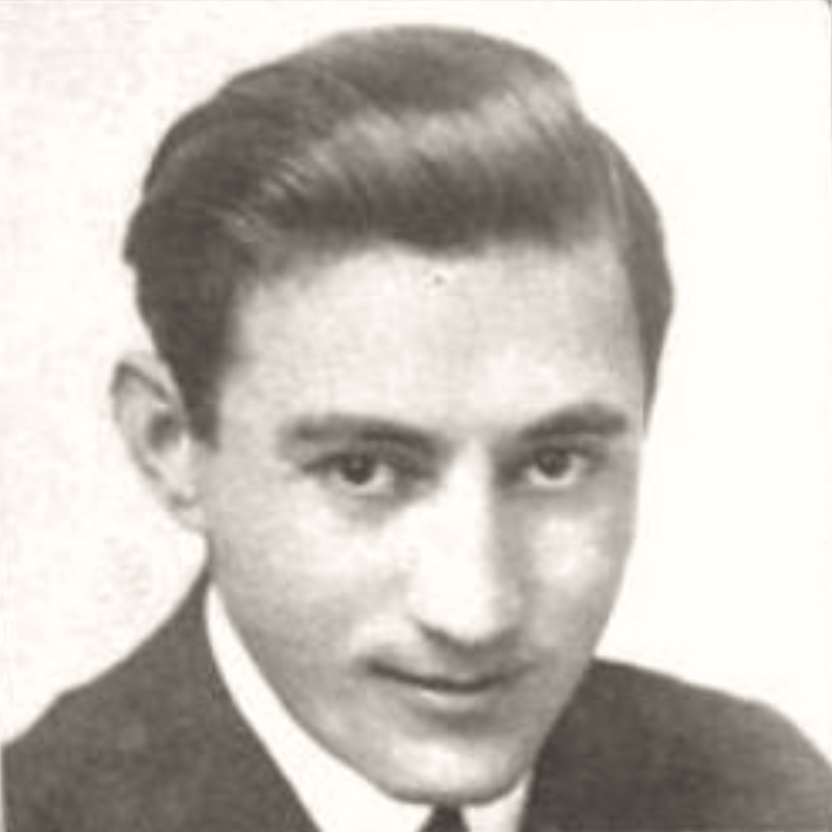Introduction to 'You Made Me Love You'
"You Made Me Love You" is a classic track composed by James V. Monaco, with lyrics by Joseph McCarthy, that emerged in the 1910s. This song is a quintessential example of the transition from ragtime to early jazz, capturing the essence of the sheet music era and the parlor performance tradition. It became an iconic piece during World War I, resonating with audiences through its heartfelt lyrics and memorable melody.
Cultural Context of the 1910s
During the 1910s, music was undergoing a significant transformation, with ragtime giving way to the more improvisational style of early jazz. "You Made Me Love You" epitomizes this shift, blending the structured charm of ragtime with the emotive qualities of jazz. This period also saw the rise of wartime songs, as music became a medium for expressing emotions during turbulent times.
Production and Arrangement
The original arrangement of "You Made Me Love You" features a piano-driven melody, typical of the era's parlor music. The song's structure is simple yet effective, allowing the poignant lyrics to take center stage. The recording constraints of the time, such as pre-electric recording techniques, give the track a raw and authentic sound that enhances its nostalgic appeal.
Notable Covers and Performances
One of the most renowned covers of "You Made Me Love You" was performed by Judy Garland in 1937, which brought the song renewed popularity. Her rendition, featured in the film "Broadway Melody of 1938," showcased the track's timeless quality and emotional depth, securing its place in American music history.
Modern Legacy
"You Made Me Love You" remains relevant today due to its universal theme of love and longing. The song continues to be a favorite for both performers and audiences, illustrating the enduring power of early 20th-century music. Its influence can be seen in the continued appreciation for jazz standards and the nostalgic revival of early jazz styles.

Comments (0)